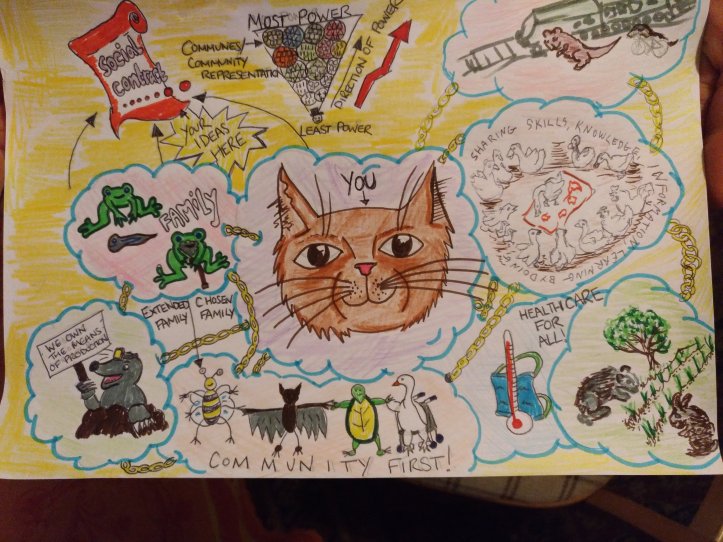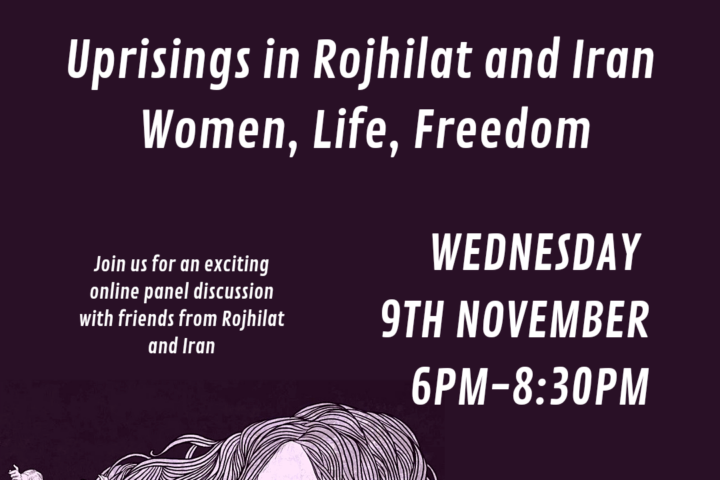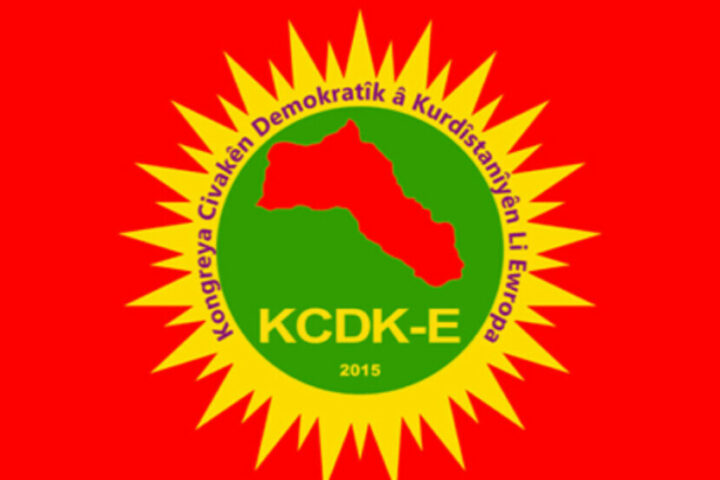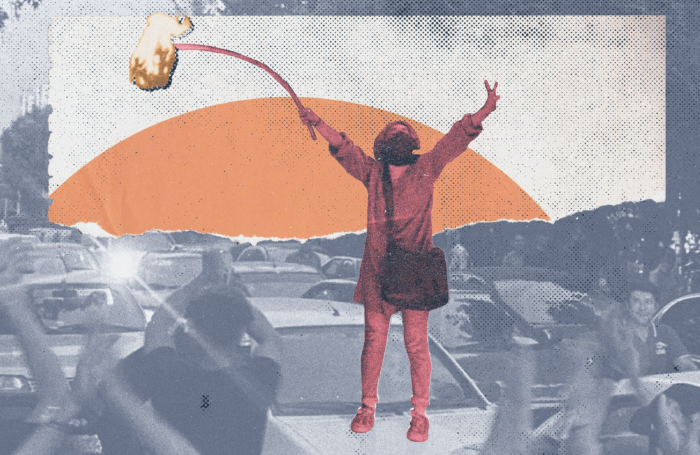On Monday the 25th of May the KSN Education Working Group continued the online seminar series Lessons from Rojava: How our Social Movements can Learn from the Rojava Revolution.
To watch the video of the full session on Facebook click here.
This second session asked the question ‘What does democracy without a state look like?’, and began with KSN organizers Tom and Arin discussing the difference between liberal parliamentary and stateless democracy, with the help of these pictures.
Tom’s:



Arin’s:

We then had a discussion with Nilüfer Koç from the Kurdistan National Congress (KNK) on the Kurdish Freedom Movement’s understanding of democracy, and how this has changed over time. After this initial overview we heard from organizers involved in two concrete examples of building stateless democracy in Kurdistan, first Ayşe Gökkan from the Free Women’s Movement (TJA) in North Kurdistan/South-East Turkey (Bakur). We attach a map of Kurdistan and it’s different parts:


As well as these we heard from organisers in the island of Britain discussing their projects, including Cooperation Birmingham (recording here), ACORN (recording here), the Industrial Workers of the World (recording here) and BS5 Mutual Aid in Bristol (recording here).
You can download and listen to the whole webinar here.






